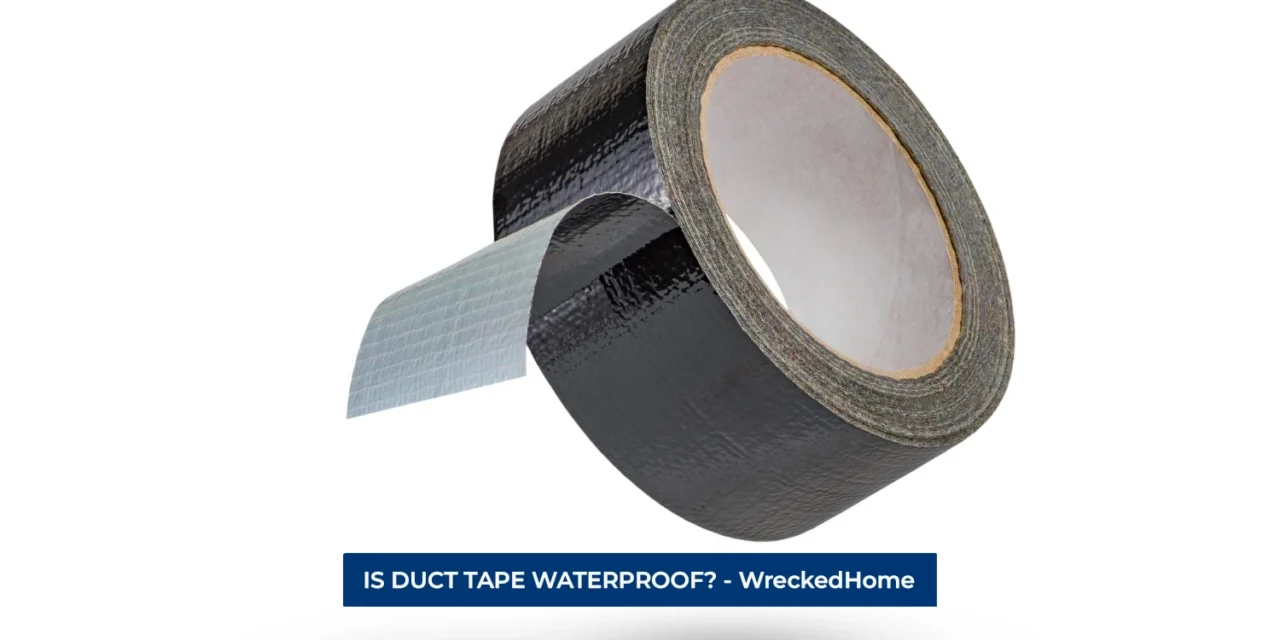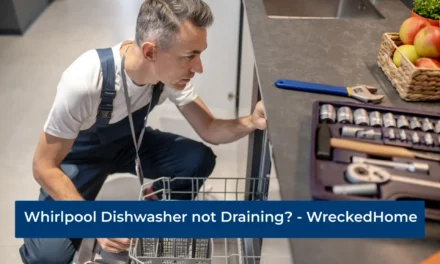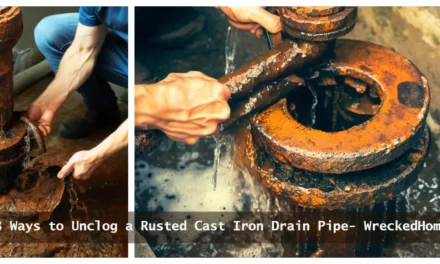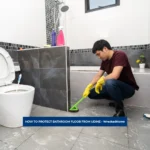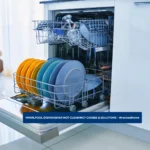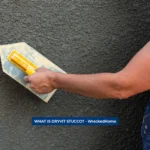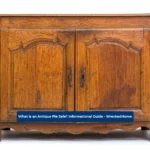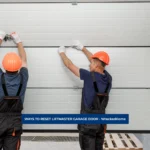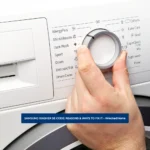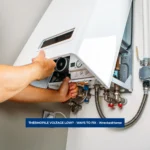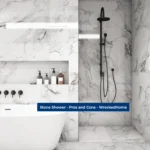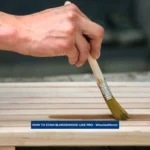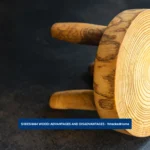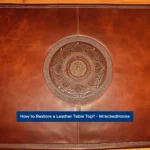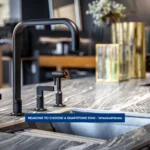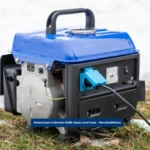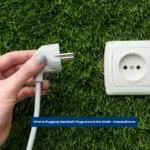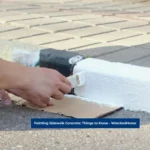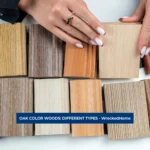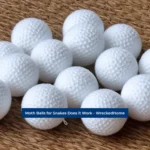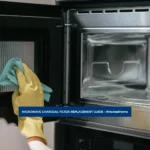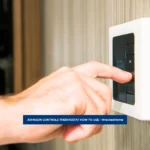Duct tape, a ubiquitous household item, is a versatile adhesive tool that has enough strength and flexibility to resist water. Originally developed during World War II for military applications, duct tape is commonly known as a solution for a myriad of tasks. Its robust adhesive properties and durable backing make it a staple in various settings, for emergency and protective tasks.
Common uses of duct tape encompass a wide spectrum that range from household items to temporary solutions against water. Its ability to adhere to a variety of surfaces, coupled with tear-resistant backing, has earned it a reputation as reliable against the challenges.
Amid its multifaceted utility, a pivotal question emerges: Is duct tape waterproof? In this article we will go through it via materials that contribute to its adhesive strength and resistance. By examining scientific experiments, real-world applications, and expert opinions we will uncover the potential to withstand the elements and emerge unscathed from the waters of skepticism. So, let’s find out: Is duct tape waterproof?
Composition of Duct Tape (Is Duct Tape Waterproof?)
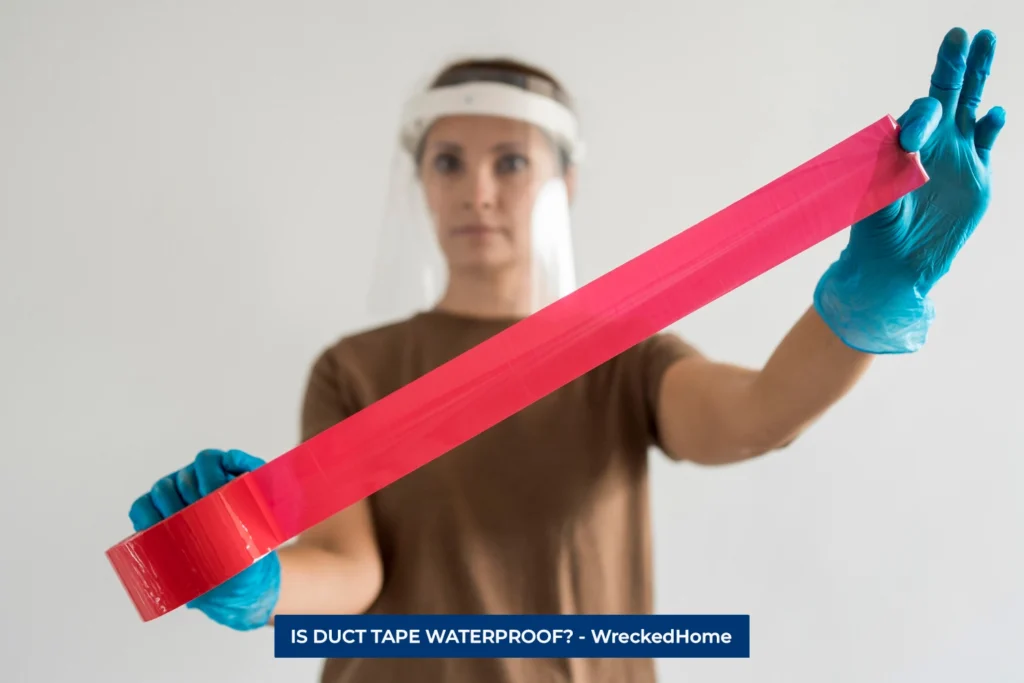
Duct tape’s composition plays a pivotal role in its functionality due to its adhesive strength and waterproofing capabilities. It also plays its role according to the material upon which you are using it. The common materials used in duct tape production are a polyethylene backing, a fabric mesh for reinforcement, and a rubber-based or acrylic adhesive.
The polyethylene backing provides a water-resistant layer, and the fabric mesh reinforces the tape for resistance again water. The adhesive, whether rubber-based or acrylic, ensure the question: is duct tape waterproof. This is with the tape’s sticking power.
The waterproofing prowess of duct tape is a protective barrier against water, preventing it from seeping through. The fabric mesh not only reinforces the overall structure but also aids in preventing water. This ensures a strong bond with surfaces, contributing to the tape’s ability to stay intact even in wet conditions.
Understanding the synergy of these materials provides insights into why duct tape is effective in diverse applications, particularly in the face of moisture and water exposure.
Factors Influencing Waterproofing: Is Duct Tape Waterproof?
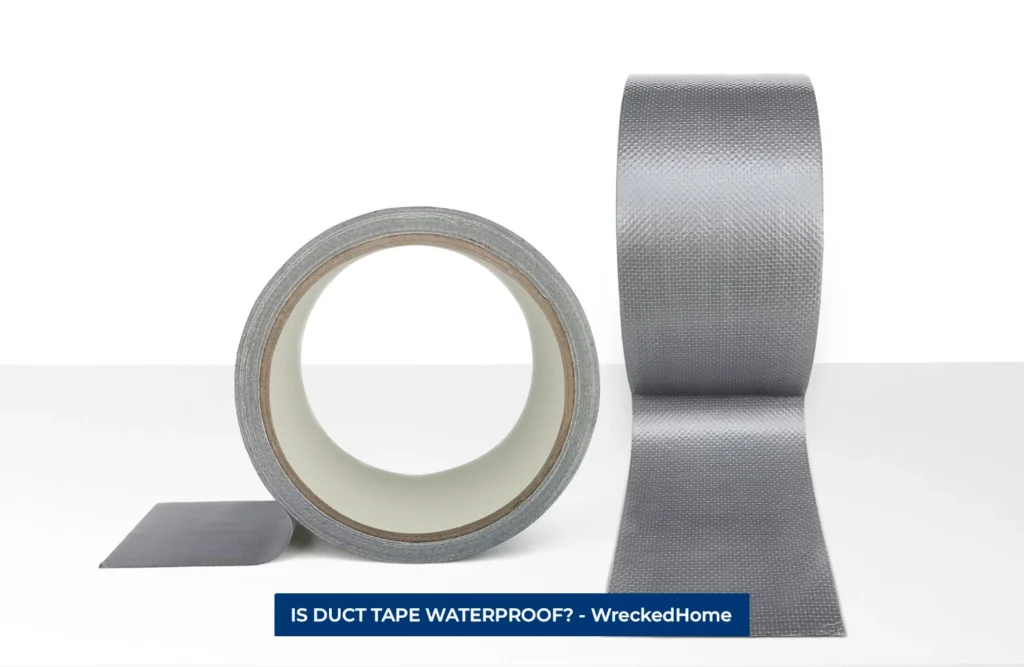
Duct tape’s effectiveness in waterproofing is based on the two key factors: adhesive properties and backing material. With nuances of these elements unveils the tape’s ability to withstand water and moisture in various conditions.
A. Adhesive Properties (Is Duct Tape Waterproof?)
- Type of Adhesive Used
Duct tape commonly employs either rubber-based or acrylic adhesives with distinct characteristics that influence the tape’s overall performance. Rubber-based adhesives are known for their flexibility and strong initial tack to provide an immediate bond with any surface. However, their water resistance may vary, and prolonged exposure over time and exhibit better performance in humid conditions. The choice between rubber-based and acrylic adhesive significantly impacts on duct tape that can repel water.
- Adhesion Strength
The effectiveness of duct tape in waterproofing is closely tied to a high-quality adhesive that ensures a robust bond with surfaces to prevent water from infiltrating. Adhesion strength not only influences how well the tape sticks initially but also ensures the resistance against water pressure or movement. This is all to answer: Is duct tape waterproof.
Scientific experiments and tests often measure adhesion strength on how well duct tape can maintain its waterproofing properties.
B. Backing Material (Is Duct Tape Waterproof?)
- Role of Backing in Waterproofing (Is Duct Tape Waterproof?)
The backing material of duct tape serves as a protective barrier and provides structural support. Polyethylene is a common backing material preventing water from penetrating through the tape and reaching the surface it secures.
The role of the backing is multifaceted to enhance the tape’s durability, tear resistance, and overall strength. The backing material is a critical component in water-related challenges.
- Different Types of Backing Materials (Is Duct Tape Waterproof?)
While polyethylene is prevalent, various types of backing materials may be used in duct tape production such as fabric mesh in addition to polyethylene, providing extra reinforcement. This reinforcement not only strengthens the tape but also allows us to appreciate the nuanced approaches in crafting duct tape for specific purposes. Whether for heavy-duty applications or creative projects the duct tape effectively repels water.
In conclusion, the intricate dance between adhesive properties and backing material ensure how well duct tape can resist water and maintain its functionality in the face of challenging conditions.
How Long Does Duct Tape Hold?
In the relentless face-off against the elements, duct tape emerges durable enough to withstand over an extensive 60-day weather test. When affixed to surfaces such as aluminum or plastic, the majority of duct tapes ensure an unpredictable onslaught of rain, cold weather, sub-zero temperatures, and intermittent sunny spells.
Edge peeling, bubbling, and signs of weakening, common vulnerabilities faced by lesser contenders are the challenging environmental conditions.
Alternative Uses for Duct Tape
While duct tape proves to be a versatile adhesive with an array of applications but some of the waterproofing solutions are to safeguard your wet room or bathroom against leaks and moisture. If you don’t have duct tape but want to get water resistant solution then some of the alternatives are
1. Silicone Sealant: A Caulking Champion
Silicone sealant emerges as a resilient and enduring designed to withstand water exposure, making it an ideal solution for repairing cracks and leaks in areas prone to moisture. There are common uses of this Silicone sealant caulking around bathtubs and showers, sealing windows and doors, and filling gaps in walls. Make sure you use Our Caulking Nozzle for a seamless application. The long-lasting nature of silicone sealant ensures a durable and watertight seal, providing an effective barrier against the ingress of water into vulnerable spaces.
2. Bath Sealant Tape: A Water-Resistant Repair Tape
For a targeted and efficient solution, bath sealant tape is specialized waterproof repair tape is crafted to seal cracks and leaks in wet rooms or bathrooms effectively. Designed to withstand water exposure, bath sealant tape offers a reliable choice for maintaining a watertight environment over an extended period. The tape’s ease of application and adherence to various surfaces is preventing water infiltration and subsequent damage.
3. PCI Lastogum: The Waterproofing Sealant
PCI Lastogum stands as a dedicated waterproofing sealant offer a solution for sealing leaks in wet rooms or bathrooms. This specialized sealant offers a long-lasting barrier to ensure the structural integrity of the sealed surfaces. Whether applied to cracks, gaps, or vulnerable areas, PCI Lastogum acts as a resilient shield to create a durable and flexible seal, adapting to the dynamic conditions of wet environments.
In this way silicone sealant, bath sealant tape, and PCI Lastogum offer tailored solutions to protect your wet room or bathroom. Each alternative comes with its unique features, to ensure a reliable and enduring defense against water-related challenges in your living spaces.
Maintenance and Longevity
Duct tape’s versatility and adhesive strength make it a valuable tool for waterproofing. Effectiveness, proper maintenance, and thoughtful application are crucial. Here are five tips to help you maximize the longevity and waterproofing with the help of duct tape:
1. Surface Preparation: The Foundation for Adhesion
Before you apply duct tape must ensure the surface is clean, dry, and free from any dust, grease, or debris. A well-prepared surface provides a solid foundation you can use a mild detergent if necessary to clean surface. This step prevents potential barriers that could compromise the tape’s adhesion and waterproofing abilities.
2. Apply with Tension: Enhancing Adhesive Contact
When you are applying duct tape, do so with a slight tension to promote a more secure and long-lasting bond. Stretch the tape gently as you apply it, to minimize the chances of water seeping through the edges, as the tape adheres more effectively when applied under tension.
3. Overlapping for Extra Protection: Layering for Resilience
For added durability and waterproofing protection, this tape forms a cohesive and continuous shield. This layering technique creates a more robust barrier against water, to high moisture levels or frequent exposure to liquids. Ensure that each strip slightly overlaps the previous one for overall resilience in challenging conditions.
4. Regular Inspections: Addressing Wear and Tear Promptly
To maintain duct tape’s waterproofing effectiveness, address any issues by replacing or reinforcing the tape as needed. Regular inspections are especially crucial in environments exposed to temperature fluctuations, humidity, or physical stress. By addressing issues promptly, you can prevent water from finding its way to leak and weak the tape.
5. Choose the Right Tape for the Job: Matching the Challenge
Is duct tape waterproof? Not all duct tapes are created equal; therefore choosing the right one is paramount. Consider factors such as the type of adhesive, backing material, and intended application often featuring water-resistant backings and durable adhesives. High-quality tapes are engineered to withstand exposure to moisture and provide long-lasting waterproofing solutions.
Conclusion (Is Duct Tape Waterproof?)
In conclusion, we explored the following question: Is Duct Tape Waterproof? Exploring Its Water Resistance.while duct tape may not be inherently waterproof, it serves as a quick fix to creative projects. Duct tape has proven its worth in various scenarios. So, is duct tape waterproof? In some instances. The exploration of its composition, factors influencing waterproofing, and alternative uses sheds light to enhance its waterproofing effectiveness, it becomes evident that proper application and choice of tape play pivotal roles in maximizing its longevity. Duct tape’s resilience is showcased not only in its ability to withstand diverse conditions but specialized solutions exist for waterproofing. So with answer of is duct tape waterproof, duct tape remains a reliable companion in our toolkit.
For major waterproofing needs, please hire a professional. Find A Pro Near You Here!
FAQs (Is Duct Tape Waterproof?)
Is duct tape waterproof?
Duct tape is water-resistant, not waterproof. It gives a temporary solution in emergencies. With prolonged exposure to water can cause the adhesive to peel away over time.
Is duct tape waterproof for the shower?
duct tape is not waterproof. It is only water-resistant. The material can break down easily. So, it is not suitable for use in a shower.
Which is more waterproof, duct tape or electrical tape?
For sealing large leaks or gaps, duct tape is the better choice but when you are dealing with small leaks or gaps, electrical tape is a suitable choice for a tighter and more precise seal.

